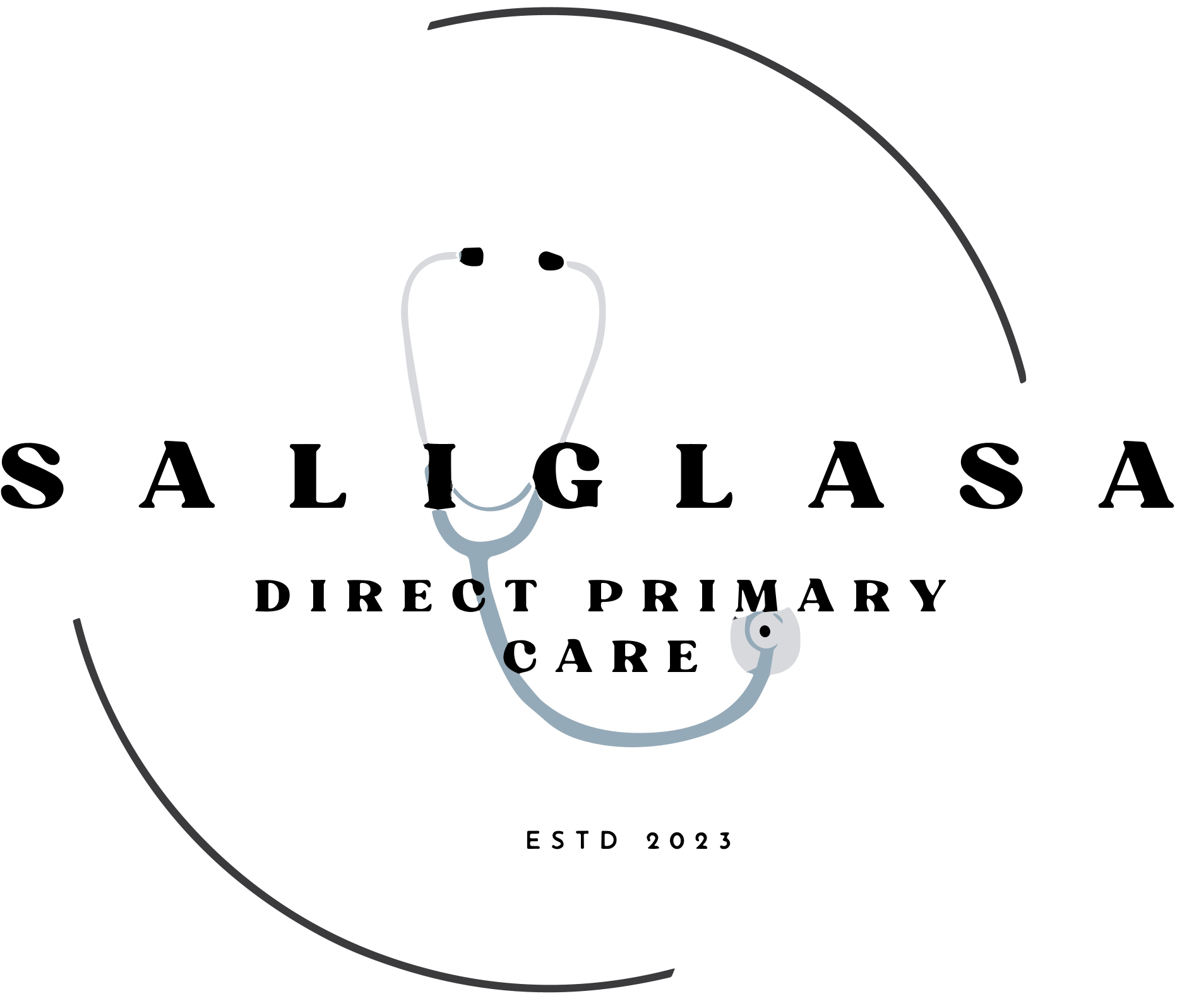You might be thinking of situations like losing a loved one, being betrayed by a friend, witnessing children suffer, or going through a painful breakup. These are all emotionally intense experiences, but what do they have to do with medical conditions? Quite a lot, actually.
There’s a fascinating condition known as Takotsubo Cardiomyopathy, or “Broken Heart Syndrome,” first described in Japan in 1990. This condition occurs when significant emotional or physical stress—such as a natural disaster, devastating news, a serious accident, or intense fear—causes a sudden weakening of the heart muscle. People experiencing this may develop physical symptoms like chest pressure, shortness of breath, lightheadedness, and sweating. Interestingly, while these individuals often have normal coronary arteries, their echocardiograms (heart ultrasounds) reveal a bulging left ventricle due to the weakened muscle, which resembles a “tako-tsubo,” a pot used in Japan to catch octopuses. Stress hormones are believed to play a role in “stunning” the heart muscle, causing it to temporarily lose function. This condition, more common in women than in men, is typically self-limiting, with symptoms improving within weeks. While not every emotional heartbreak leads to Takotsubo Cardiomyopathy, the condition is a powerful reminder of how stress can profoundly affect our physical health.
Research also shows that people with high levels of persistent stress are at a greater risk for coronary artery disease than the general population. One explanation for this is that stress triggers the release of hormones like adrenaline (the fight-or-flight hormone) and cortisol. Both hormones raise blood pressure, and cortisol also increases blood sugar and cholesterol levels. Over time, an excess of these stress hormones can contribute to the formation of plaque in the coronary arteries. Additionally, people who are chronically stressed often resort to unhealthy habits to manage their stress such as smoking, excessive drinking, using drugs both legal and illegal to mask their symptoms which in turn increase their risk for cardiovascular diseases
Most people know they can reduce their risk of coronary artery disease by maintaining healthy blood pressure and blood sugar levels, lowering cholesterol, losing excess weight, staying physically active, and quitting smoking. However, fewer people have the tools to effectively manage chronic stress and often turn to legal or illegal substances to numb these unpleasant feelings. At Saliglasa, we offer coaching services to help patients tap into their innate stress-coping mechanisms and explore other resources to better manage chronic stress.
As we approach Sudden Cardiac Death Awareness month in October (don’t forget to sign up for the free CPR training we are offering @ https://t.ly/Io9CM ) it is important not to forget that stress management is an important intervention for a healthy heart.
